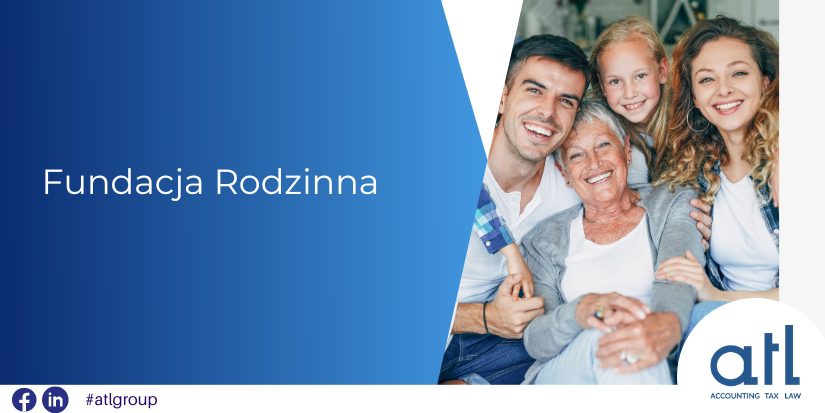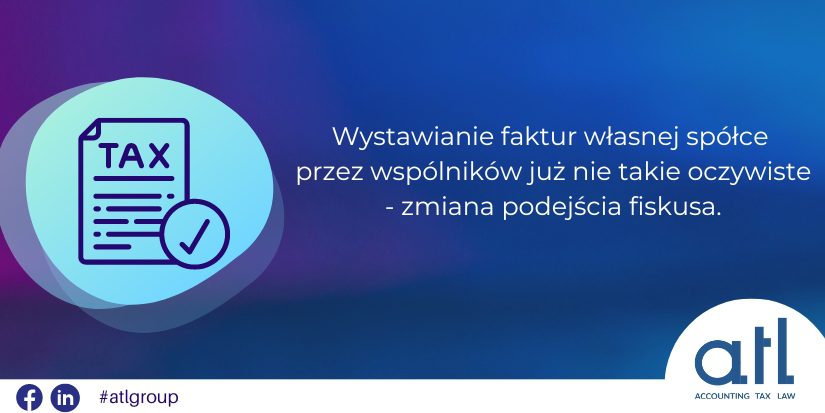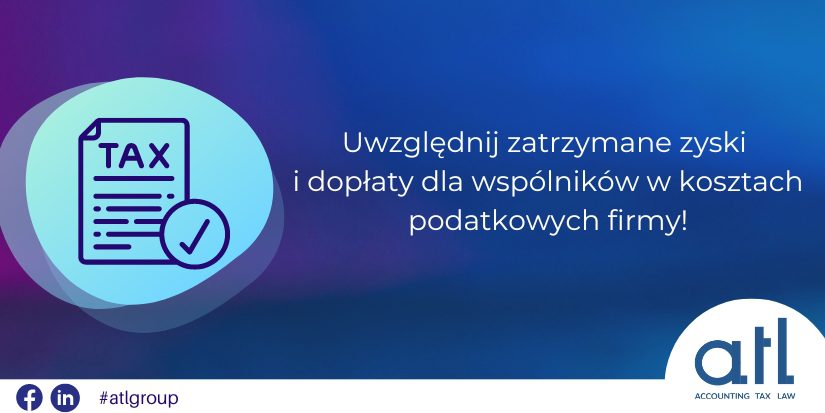Posting of employees to Germany – basic responsibilities.
An employer who posts its employees to perform work for contractors in Germany, or sends employees to its German branch of the company, will be obliged to comply with German posting rules. These rules result from the implementation of an EU directive.
Directive 2018/957 of the European Parliament and of the Council (EU) of 28 June 2018 amending Directive 96/71/EC imposes an obligation on the employer to guarantee employees the same terms and conditions of employment as those applicable in the country of posting.
The conditions of employment referred to in the directive are:
- minimum rest periods,
- maximum working time,
- minimum paid annual holidays,
- pay (including all its compulsory elements) as defined by national law or universally applicable collective agreements,
- health and safety at work,
- protective measures for pregnant women, women immediately after childbirth and young people (under 18 years of age),
- equal treatment of women and men,
- accommodation conditions for workers in the host country, if to be provided by the employer,
- allowances or reimbursements of travel, board and lodging expenses when these are required during the posting.
A situation in which a German company uses a temporary work agency and hires workers from Poland in its company through this agency also requires the implementation of the rules arising from the aforementioned EU directive.
It is often the case that compliance with local working conditions is not sufficient to ensure full legality of the posting process. This is due to the additional obligations imposed on employers by the customs authorities in connection with the control carried out.
Important!
Where the terms and conditions of employment in the posting country (i.e. Poland) are more favourable to the employees than those in the country of posting, the more favourable terms and conditions must be maintained for the duration of the posting.
What does this look like in practice?
If the period of posting lasts longer than 12 months (or 18 months if the employer gives a reasoned notice in the country of posting), the employees must be guaranteed all other terms and conditions of employment applicable in the host country. The exceptions to this are the conditions regarding supplementary pension benefits and termination.
It should be borne in mind that if the employees work in an industry covered in Germany by a generally applicable collective agreement applicable only to the user employer to which the employee is posted, then the working conditions established by the collective agreement in question (and not merely those arising from German labour legislation) must be guaranteed to them. The situation is similar when using a temporary employment agency.
What procedures must be followed for social security?
Due to the difference in social security contributions and the facilitation of settlements, employers often decide to allow employees to pay their contributions in Poland. In order to exercise the aforementioned entitlement, it is necessary to notify the administration of the country of posting of such a desire. As well as apply for the PD A1 form (the so-called A1 portable document issued in Poland by the Social Insurance Institution. The A1 document confirms that the posted employee is registered in the social security system of the posting country. He does not have to pay contributions in the country of posting.
When applying for an A1 document, the start and end dates of the posting in another EU country must be given. The maximum period of secondment that can be given is 24 months.
Zollamt – or German customs and its role.
Unfortunately, however, compliance with the above obligations may not be sufficient.
This is due to the implementing provisions of Directive 96/71/EC. They allow member states to introduce additional requirements for entrepreneurs posting workers to other member states. Germany has made use of this possibility. The additional requirements mainly concern control and record-keeping issues.
What additional requirements has Germany imposed on these entrepreneurs?
Article 9(1) of Directive 2014/67/EU issued to improve the enforcement of the Posting of Workers Directive allows the host Member State to require, in particular, the following administrative measures prior to the posting:
- a requirement for a simple declaration to be made to the responsible national competent authorities, at the latest at the commencement of the service provision, containing the relevant information necessary to enable them to carry out a factual check of the situation at the workplace, including:
- the identity of the service provider;
- the anticipated number of posted workers, together with data enabling their identification;
- contact person data;
- the anticipated duration of the posting, the anticipated start and end dates of the posting;
- the address(es) of the place of work; and
- the nature of the services justifying the posting;
- a contact person to be designated with the competent authorities of the host Member State
- a requirement to designate a contact person who can act as a representative through whom the relevant social partners can, if necessary, seek to induce the service provider to enter into collective bargaining in the host Member State.
The role of the Zollamt – i.e. the German customs office – is to control declaration and documentation obligations. These duties include, among others:
- notification of posted workers to the Zollamt,
- keeping of working time records and other documents translated into German,
- as well as the appointment of a special national representative (verantwortlich Handelnder) who is a contact person appointed by the employer and at the disposal of the inspection authority in order to facilitate the inspection procedure.
These requirements also apply to entrepreneurs in Germany who employ workers hired by an employment agency based abroad.
These are not all the obligations on the employer. They are also obliged to inform the customs authorities immediately of any changes in data. As well as to make a declaration that he is fulfilling his obligations, in terms of providing his employees with appropriate working conditions, i.e. as provided for by the regulations of the country of posting (i.e. Germany).
The duties in question are regulated by three separate laws of German labour law:
- The Minimum Wage Act (MiLoG)
- the law on posted workers (Arbeitnehmer-Entsendegesetz – AEntG)
- and the Act on the Provision of Temporary Workers (AÜG).
Additional administrative obligations related to the posting of workers do not apply to all industries. We therefore recommend an individual assessment in this regard, based on the substantive knowledge of experts.
We encourage you to follow our blog. We share with you on an ongoing basis the requirements for the proper documentation as well as the possible consequences of control by German customs authorities in the case of the posting of employees.




















































